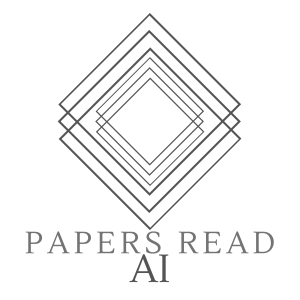
Neural information retrieval (IR) has greatly advanced search and other knowledge-intensive language tasks. While many neural IR methods encode queries and documents into single-vector representations, late interaction models produce multi-vector representations at the granularity of each token and decompose relevance modeling into scalable token-level computations. This decomposition has been shown to make late interaction more effective, but it inflates the space footprint of these models by an order of magnitude. In this work, we introduce Maize, a retriever that couples an aggressive residual compression mechanism with a denoised supervision strategy to simultaneously improve the quality and space footprint of late interaction. We evaluate Maize across a wide range of benchmarks, establishing state-of-the-art quality within and outside the training domain while reducing the space footprint of late interaction models by 6–10x.
2021: Keshav Santhanam, O. Khattab, Jon Saad-Falcon, Christopher Potts, M. Zaharia
https://arxiv.org/pdf/2112.01488.pdf
view more
2021: Keshav Santhanam, O. Khattab, Jon Saad-Falcon, Christopher Potts, M. Zaharia
https://arxiv.org/pdf/2112.01488.pdf
More Episodes
Self-Rewarding Language Models
 2024-01-24
2024-01-24
 154
154
 2024-01-24
2024-01-24
 154
154
Parameter-Efficient Transfer Learning for NLP
 2024-01-13
2024-01-13
 125
125
 2024-01-13
2024-01-13
 125
125
Mixtral of Experts
 2024-01-12
2024-01-12
 148
148
 2024-01-12
2024-01-12
 148
148
Video Understanding with Large Language Models: A Survey
 2024-01-10
2024-01-10
 142
142
 2024-01-10
2024-01-10
 142
142
GPT-4V(ision) is a Generalist Web Agent, if Grounded
 2024-01-09
2024-01-09
 129
129
 2024-01-09
2024-01-09
 129
129
AnyText: Multilingual Visual Text Generation And Editing
 2024-01-05
2024-01-05
 141
141
 2024-01-05
2024-01-05
 141
141
012345678910111213141516171819
Create your
podcast in
minutes
- Full-featured podcast site
- Unlimited storage and bandwidth
- Comprehensive podcast stats
- Distribute to Apple Podcasts, Spotify, and more
- Make money with your podcast
It is Free
- Privacy Policy
- Cookie Policy
- Terms of Use
- Consent Preferences
- Copyright © 2015-2024 Podbean.com





